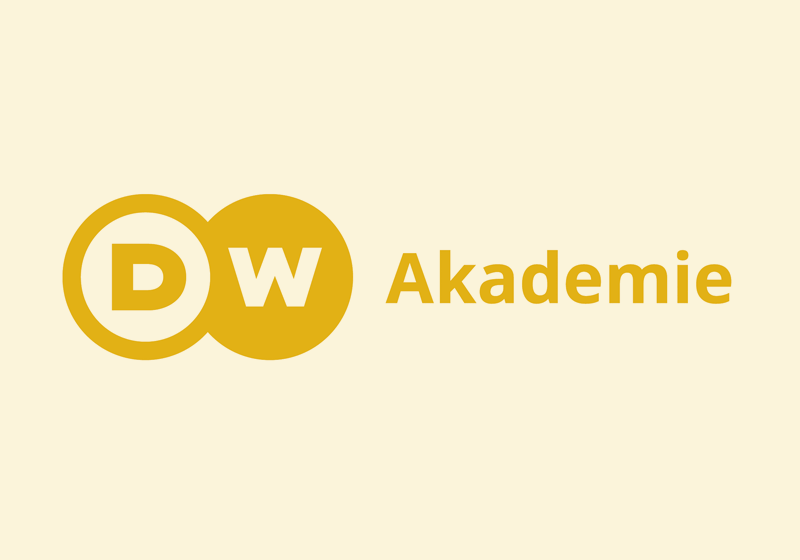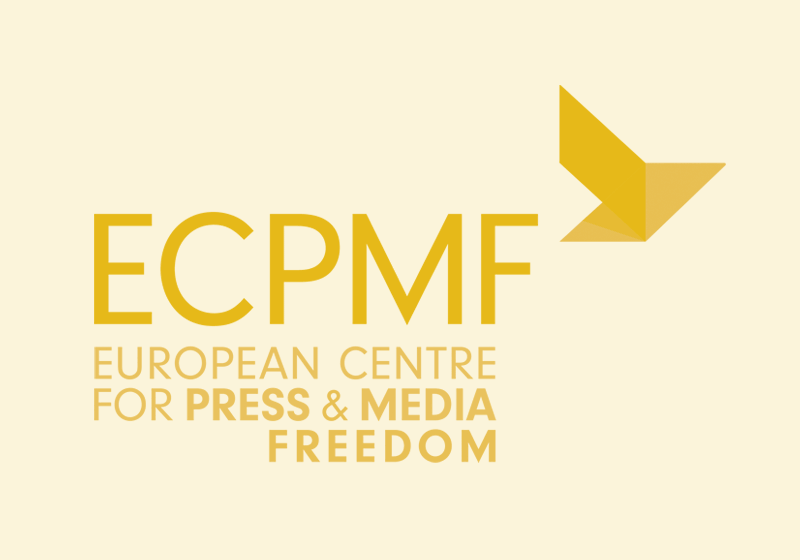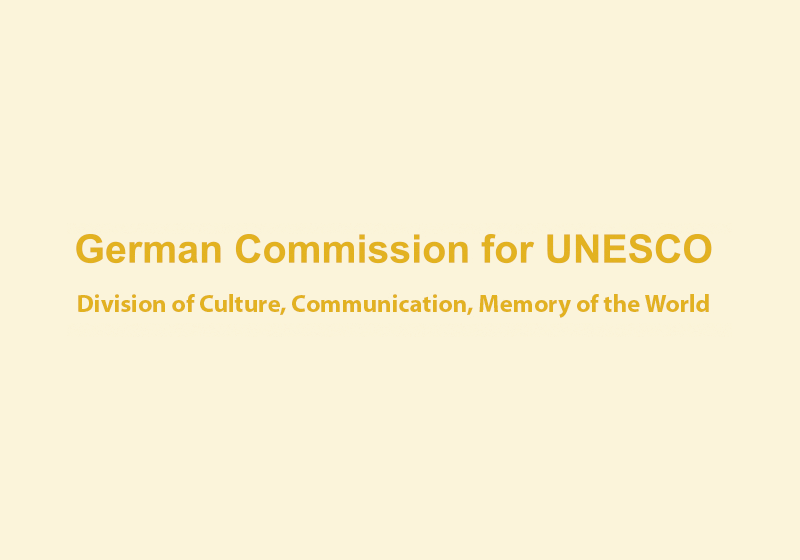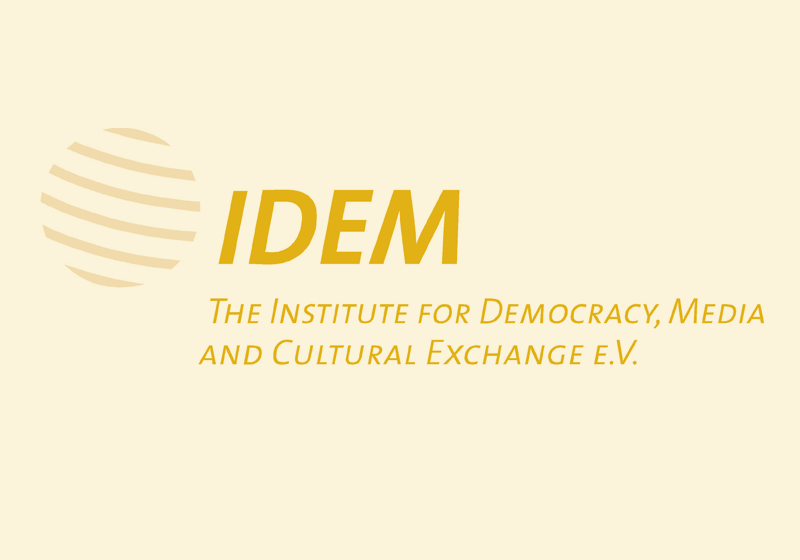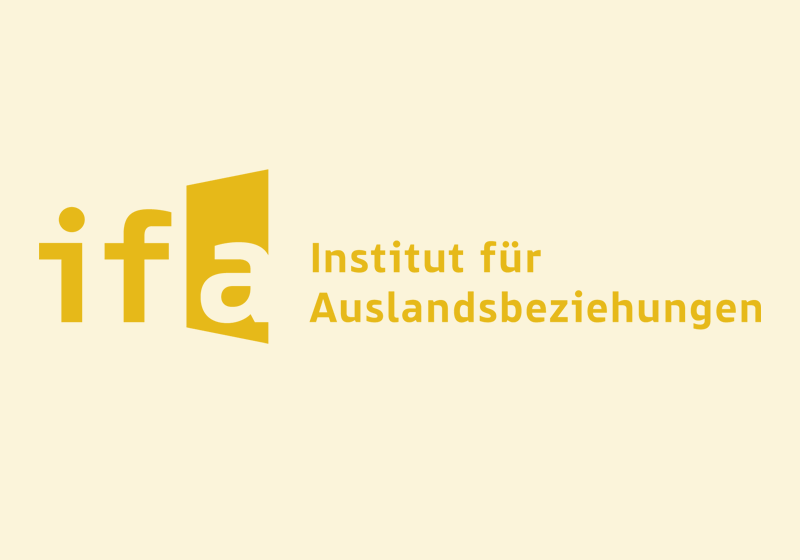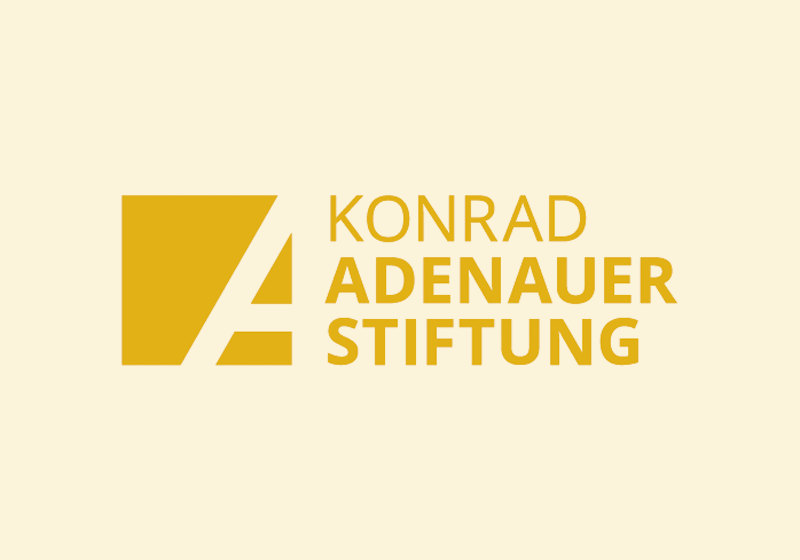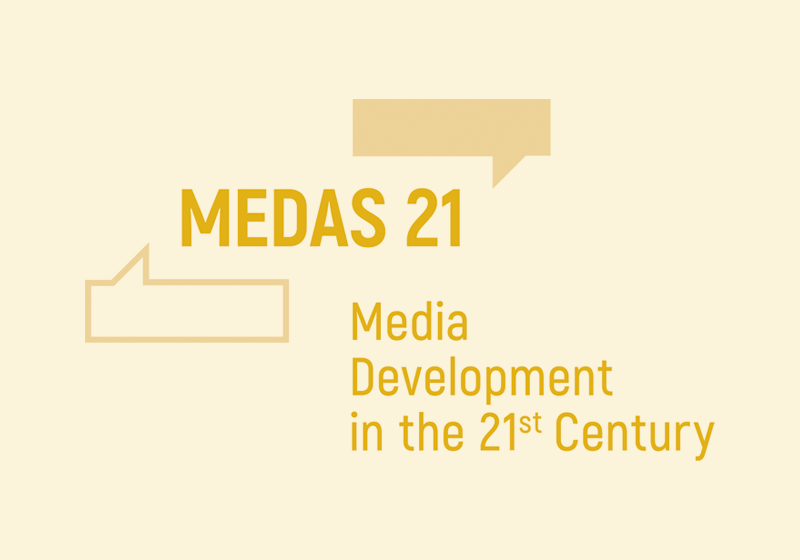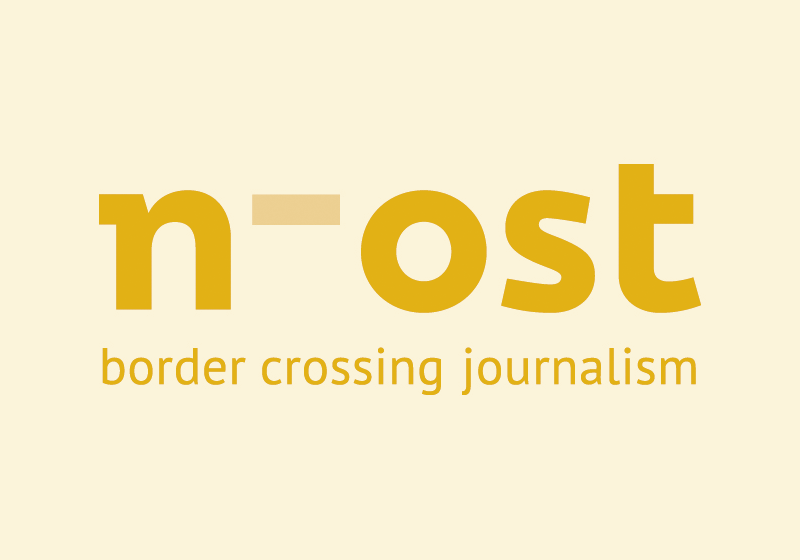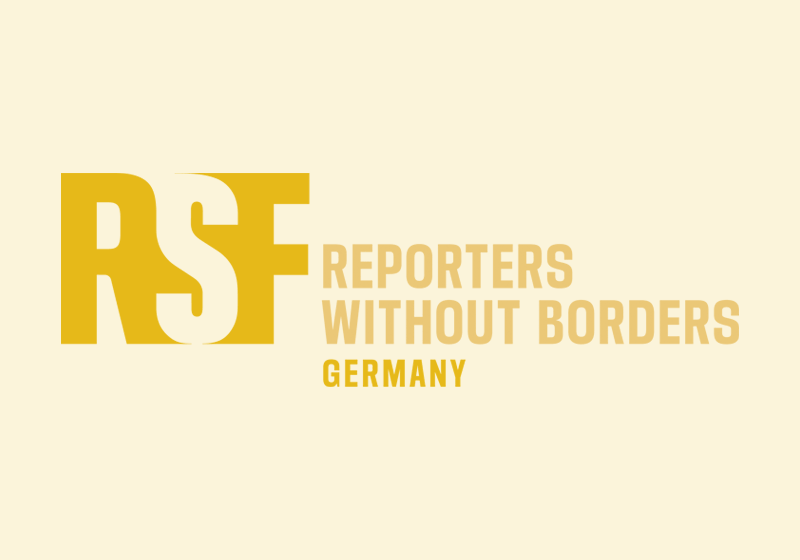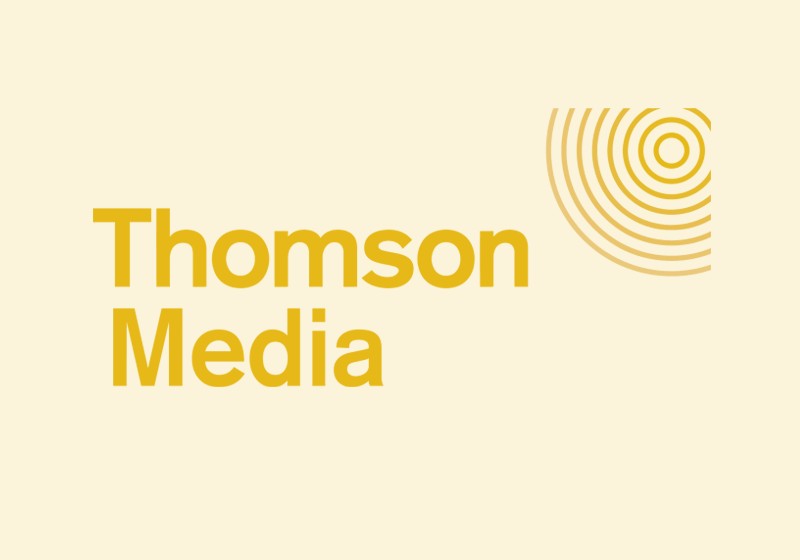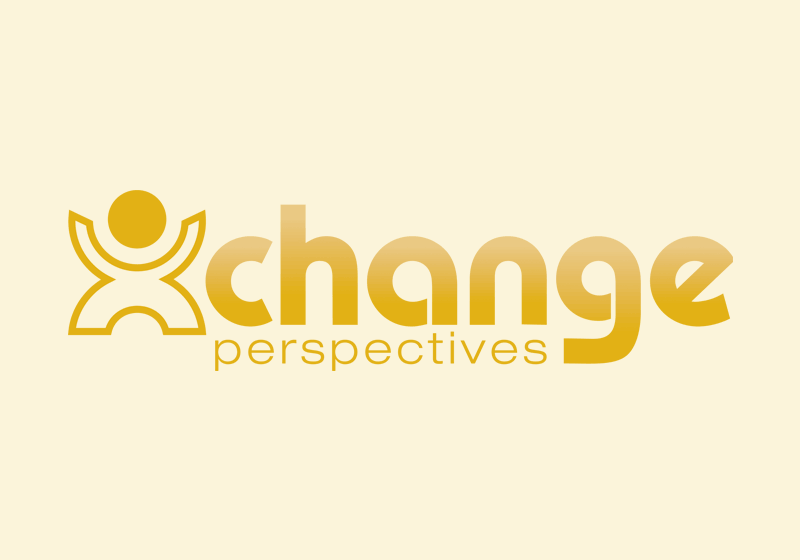Symposium 2023 Day 1
Day 2
October 5
Opening
- Moderation: Aya Ibrahim, Special Correspondent at Deutsche Welle, Egypt/Germany
- Virtual Keynote: Professor Shirin Ebadi, 2003 Nobel Peace Prize Laureate, Iran/UK
- Keynote: Elisa Lees Muñoz, Executive Director, International Women’s Media Foundation, USA
“If you can´t keep your journalists safe, you shouldn’t be in the business of journalism.” (Elisa Lees Muñoz)
Part I: Digital security
Panel: Dealing with security challenges from the digital space
Moderation: Erkanda Bujari, Media Development Professional, Albania
Panel guests:
- Oleg Khomenok, Member of the Board of Directors of the Global Investigative Journalism Network, Ukraine
- Dr. Christopher Nehring, Fellow Media Program Southeast Europe, Konrad Adenauer Foundation, Bulgaria
- Agnieszka Walorska, Expert on AI and Deep Fake, Germany
- Aymen Zaghdoudi, MENA Senior Policy Counsel, Access Now, Tunisia
Synopsis: The panelists saw the greatest direct challenges to journalists’ safety in the area of digital surveillance and digital hate and disinformation campaigns. Press freedom and media development cooperation organizations need to take action against manufacturers and users of spyware, for example through strategic litigation, influencing legislative processes to regulate the use of spyware, and political education. Nevertheless, it must be assumed that spyware is here to stay. It is therefore important to develop strategies for dealing with the risk of being digitally surveilled. One answer to this is the establishment of research units that check journalists’ devices for spyware. The panelists saw the greatest structural challenges in the area of Artificial Intelligence (AI) in how it will change journalistic work, especially quality standards and working conditions. However, AI should not only be seen as a threat, but also as an opportunity that holds proactive potential for shaping the future.
Workshops:
Deepfakes, AI, and Information Manipulation
Hosted by Konrad Adenauer Foundation
Expert: Dr. Christopher Nehring, Fellow Media Program Southeast Europe, Konrad Adenauer Foundation, Bulgaria
Summary:
The participants engaged with the latest trends and technologies in deepfakes, artificial intelligence (AI), and information manipulation. They learned how different types of deepfakes are created and how one can identify and distinguish them. Furthermore, potential cybersecurity threats posed by AI and information manipulation were discussed, as well as how to counter them.
How would digital security skills become part of media organizational culture?
Hosted by IDEM/Friedrich Naumann Foundation
Expert: Oleg Khomenok, Member of the Board of Directors of the Global Investigative Journalism Network, Ukraine
Summary:
Even though most media organizations have cyber security policies in place, cases of hacking, surveillance, stealing of data and identity information occur regularly. The workshop provided various practical tips for media organizations on how to implement effective cyber security policies.
Take-aways:
- Steps to introduce an effective cyber security policy:
- identification and assessment of potential cyber security threats: individual (e.g. physical attacks, intimidation, identity theft, surveillance, etc.) and/or organizational level (website hacking, stealing confidential data, tracking communication, etc.)
- identify areas of protection: mobile devices, hardware, websites, networks, access to accounts, channels of communication and broadcasting, personal data and information sources
- prioritize threats by importance and potential harm
- develop mitigation and response plan to each threat
- write (simple to follow) guidelines tailored to each target group: guidelines for different operations (e.g. setting up a local network or secure communications) and for different staff members (systems administrators, editors, HR, etc.)
- continuously monitor threats, evaluate guidelines and adjust to needs
- practical advice for making policies more effective:
- cyber security management systems have to work iteratively and thereby have to be updated continuously
- not solely rely on external counselors, but engage the whole staff and make the management responsible for development, implementation and evaluation
- effectiveness depends on staff members´ knowledge of guidelines and their skills to comply with them; a prerequisite for that is the allocation of resources and regular training
How does Big Brother jeopardize journalists’ safety? Legal aspects, policy answers and practical tips
Hosted by DW Akademie
Experts: Aymen Zaghdoudi, MENA Senior Policy Counsel, Access Now, Tunisia and Luis Assardo, investigative journalist, researcher and digital security trainer, Guatemala
Moderation: Attila Mong, journalist and consultant, DW Akademie, Hungary/Germany
Summary:
Governments and powerful actors increasingly use surveillance technologies to monitor journalists, and even to intimidate them into silence, compromising their ability to report freely and also jeopardizing their abilities to maintain the confidentiality of their sources.The workshop shed light on the multifaceted challenges faced by journalists and provided valuable insights into protecting their safety.
Take-aways:
- simultaneous approach of prevention and detection important to keep safe from surveillance
- prevention techniques:
- personal protection
- regular training
- threat assessment
- profile potential surveilling actors by their proximity (e.g. level of knowledge), their expertise (e.g. available tools), their motivation (financial, vendetta, political, etc.) and their behavior (e.g. are coordinated efforts detectable?)
- detection techniques:
- watch out for login attempts, phishing or social engineering
- while investigating journalists should create a persona and consider different layers of security: strong passwords, 2FA/MFA, encrypted platforms and encrypted data
Spyware and other digital threats to journalists. What the RSF Digital Security Lab does to protect journalists and investigate attacks
Hosted by RSF
Expert: Janik Besendorf, Digital Security Expert and Trainer, RSF, Germany
Summary:
Spyware and other digital attacks, such as internet censorship or denial of service, are a threat to journalists worldwide. In response to these threats, Reporters Without Borders launched the Digital Security Lab. IT security specialist Janik Besendorf introduced the lab and its forensic spyware checking service.
Take-aways:
- Digital Security Lab by RSF:
- main areas of action: forensic analysis of journalist´s electronic devices, routine check-ups on malware indication, as well as consultation concerning specific security questions such as protecting a high risk source or getting data securely data across borders
- can be contacted when journalist faces legal difficulties as in the case of criminal investigations, seizure of hardware by the police, arrest or when a source has been compromised
- appointments can be booked via https://training.lab.rsf.org/tments (rsf.org)
- Practical tips for malware incidents:
- malware can access everything on an electronic device including e-mails, messages and files and even modify them, as well as record audios
- infections happen through 1-click infections (e.g. email with suspicious links, etc.), 0-click-infections (no user interaction required, usually unnoticed) or phishing
- forensic analysis can browse through the diagnostic data and identify potential traces of malware
- the more recent the infection, the higher the chance to detect malware
- preventive measures: install updates and enable on phone lockdown-mode
Discussion points:
- digital security needs of journalists
- What other offers are available?
- How can NGOs and digital security labs in the global north reach journalists in the global south?
Part II: Psychological safety and mental health
Panel: Psychological safety and resilience in media development cooperation
Moderation: Timo Lüge, Head of Advocacy and Partnerships, DW Akademie
Panel guests:
- Gulmina Bilal, Psychologist and Director, Individualland, Pakistan
- Friederike Engst, Psychologist, Trauma Therapist, Behavior and Communication Trainer, Germany
- Gavin Rees, Senior Advisor for Training and Innovation, Dart Center, Germany
- Nils-Alexander Simon, German Armed Forces, Germany
Synopsis: The panelists unanimously acknowledged that journalists face a range of mental health risks, primarily including primary traumatization, secondary and vicarious trauma, burnout, moral injury, compassion fatigue, depression, and addiction. These risks stem from the nature of the journalism profession, exposing individuals to often violent situations or distressing footage. Additionally, as highlighted by Friederike Engst, a specific mindset within the journalism community may contribute to these challenges. Many journalists share a cultural belief that toughness is a requisite for the job, fostering a high self-standard and a particular mindset that can exacerbate these mental health factors.
Nevertheless, there are tactics that journalists can employ to protect themselves from trauma in the newsroom when working with disturbing images and footage, as highlighted by Gavin Rees. Nils-Alexander Simon shared insights into the comprehensive and well-funded mental safety structures in the German Military forces, which are based on a team structure. Gulmina Bilal stressed the importance of global awareness in newsrooms regarding the mental safety of journalistic staff and freelancers. She urged the implementation of measures to prioritize mental well-being in the field of journalism.
Workshops:
Holistic strategies for promoting psychological safety in media development
Hosted by DW Akademie
Experts: Gavin Rees, Senior Advisor for Training and Innovation, Dart Center, Germany
Moderation: Patricia Noboa Armendariz, Acting Program Director Mexico, Guatemala and El Salvador, DW Akademie
Summary:
War, climate crisis, rising authoritarianism and online attacks demand a new awareness regarding the emotional toll of journalistic work and of the work by supporting media development staff. In both cases, there is uncertainty about what works best to safeguard the staff’s wellbeing: Helplines, retreats, mental health awareness or other kinds of more craft-focused training? In this workshop the participants looked together with the expert Gavin Rees from Dart Center for Journalism and Trauma at what media development organizations should prioritize when designing external programmes and internal policies.
Take-Aways:
- Psychological challenges faced by journalists or staff members of media development organizations:
- trauma: umbrella term for long-lasting emotional reaction to e.g. injury, death or sexual violence
- working with people in high distress: high standards towards oneself and a lack of boundaries can lead to “compassion fatigue”
- What kind of cultural changes are required in media (development) organizations in order to change thinking and structures?
- challenges: lack of resources, cultural differences, increasingly traumatized partners
- solutions: agenda setting, fund smaller, local organizations, offer psychological training
- What kind of skills should psychological training convey?
- challenges: different background and unique cases of participants
- solutions: holistic strategies, diverse trainers, skills for time management, healthy empathy and needs assessment should be thought
- How to work effectively with psychologists and external psychological assistance?
- challenges: lack of resources (not only financial, but not enough time and prioritization dedicated to mental security)
- solutions: raising awareness, include psychological support in operating budgets, integration of psychologists into newsrooms, collaborations between media associations and counseling institutions, 24/7 psychological online helpline
Resources:
- for media (development) organizations engaged in crisis zones: “Providing psychological support for Ukrainian journalists” by Dart Center and Global Forum for Media Development (developed in Ukrainian context, but entails measures applicable to others contexts)
Online violence and its psycho-social impacts on journalists: prevention and response
Experts: Ana P. Santos, journalist, researcher, Philippines and Pari Saikia and Julio Amílcar Cárcamo Cañas, fellows of the Berlin Scholarship Program by RSF
Moderation: Peter Steudtner und Marianne Koch, trainers at Holistic Protection Collective, Germany
Summary:
Journalists encounter online violence in various forms: As digital attacks against their accounts and devices, as online harassment and violence, discrediting or shaming them or while reviewing original footage of violent events. All of these forms of violence have enormous and often long-lasting emotional effects on journalists. During the session not only the impacts but also options for prevention and response from a collective, individual and organizational or institutional perspective were discussed.
Take-aways:
- How can we prepare and strengthen our resilience? How do we cope sustainably?
- consider threats for family/friends: support resources for journalists that are also accessible to close people
- learn from past survival experiences
- informal community building
- create local resource circles/groups, maybe linked to local, regional press clubs etc. to make support accessible for non-dominant language groups
- hiring a lawyer
- letters of support and solidarity, albeit structural/institutional pressure or exclusion are strong
- What structures do we need to create space for implementation?
- legal regulations on online violence
- protection measures that do not infringe on freedom of speech
- bigger media (development) organizations that support journalists even in case of repression
- legal funds
- (international) emergency funds with low bureaucracy obstacles and accessible for non-main-language speaking journalists and also for sources
- importance of press cards for non-main-language speaking journalists as a way to be protected from repression: should be considered by media development organizations!
Resources:
- HateAid (Berlin)
- Coalition Against Online Violence
- https://onlineharassmentfieldmanual.pen.org/
- https://www.bellingcat.com/resources/2022/11/23/how-to-maintain-mental-hygiene-as-an-open-source-researcher/
- RSF-Berlin Scholarship Program https://www.reporter-ohne-grenzen.de/en/scholarships/berlin-scholarship-program
How to mainstream psychological safety/resilience components in media development programs?
Hosted by DW Akademie and ECPMF
Experts: Gulmina Bilal, Psychologist and Director, Individualland, Pakistan, and Friederike Engst, Psychologist, Trauma Therapist, Behavior and Communication Trainer, Germany
Moderation: Dr. Dennis Reineck, Senior Consultant, DW Akademie
Summary:
By using elements of the fish bowl and world café methods, the session focused on what needs to be considered when mainstreaming psychological safety / resilience across media development programs.
Take-aways:
- Why is mental health relevant for media organizations?
- duty of care = standards for occupational health
- enhances craft of journalism as sensitivity is raised while reporting
- psychological safety important for media viability
- But why does it have such low priority in many media organizations?
- lack of awareness
- related to stigma
- dichotomy of the rational and emotional is uphold by society, thereby unease to deal with mental health
- How can mental psychological safety be strengthened in media organizations and what goals should it pursue?
- foster networks and peer support (also “sleeper cells” for support important)
- context has to be considered
- supervision
- executives and leadership as role models
- accepting “weakness”
- on-demand counseling
- responding to acute mental health problems
- adopt individual strategies
- “marketing” psychological well-being
- should follow an integrative, long-term approach
- What should media development organizations provide for mainstreaming psychological safety?
- legal framework to fall back on
- advocacy work
- integration of psychological safety in evaluation of programs
- normalization of psychological safety
- more donors supporting mental wellbeing projects
- consider all types of harassment impairing mental health (intersectional approach)
How to deal with the pressures of reporting in and on war?
Hosted by IDEM/Friedrich Naumann Foundation
Experts: Nils-Alexander Simon, German Armed Forces, Germany
Summary:
Journalists reporting in war face a variety of challenges and threats on the battlefield. This session aimed at deepening the understanding of mental distress and trauma of journalism in war zones.
Take-aways:
- Types of threats and pressures of war journalism
- direct fire (e.g. guns, tanks)
- indirect fire (e.g. rockets, mortars, artillery, bombs)
- Explosives (e.g. mines, boobytraps, uxo’s)
- viewing human tragedy
- Loss of physical integrity (e.g. hostage, mistreatments)
- Professional/Journalistic failures (e.g., propaganda, fake news, loss of objectivity, loss of credibility)
- Environmental dangers (e.g., nuclear, floodings)
- Trauma is an emotional response caused by a severe distressing event.Trauma possibilities:
- Single incident vs constant and ongoing threat level
- Unusual incident
- Feeling of helplessness
- Self-blaming, self-accusation
- Can you prevent war-trauma?
- You can deny it
- You can delay it
- You might reduce the impact
- But you can’t prevent it
- What kind of coping strategies work and which are useful in combat situations?
- Breathing techniques: Focus on yourself. Longer exhale than inhale. Needs to be trained.
- Get out regularly.
- Have somebody watching you.
- Good protection gear.
- Prepare yourself mentally and physically.
Evening program: film screening in cooperation with Human Rights Film Festival Berlin





